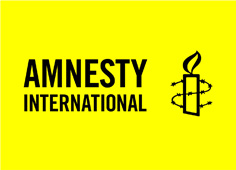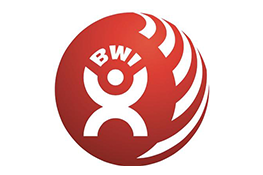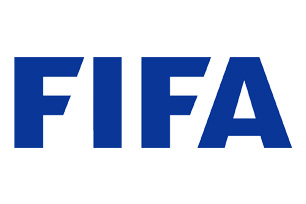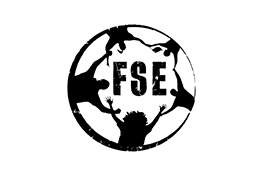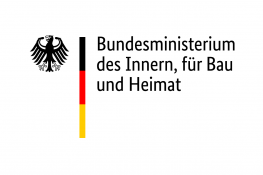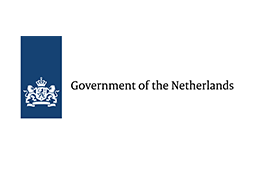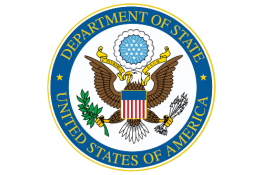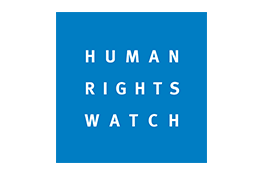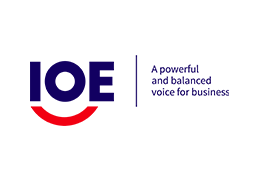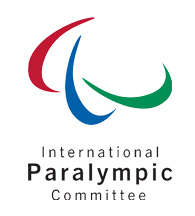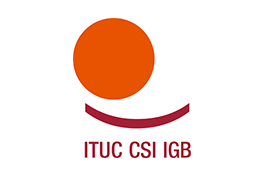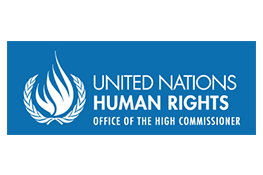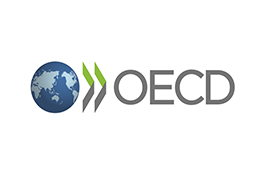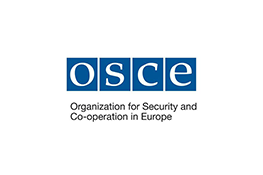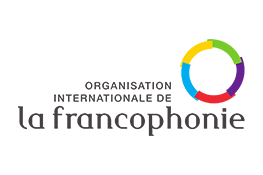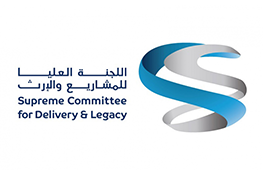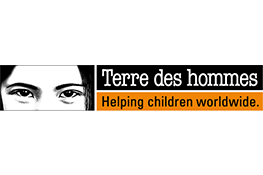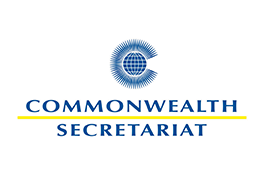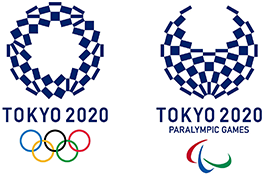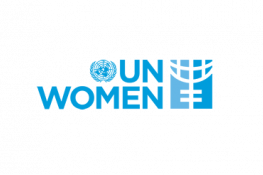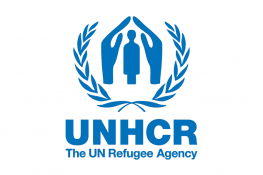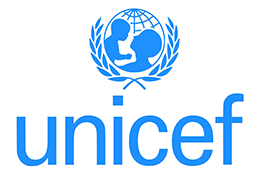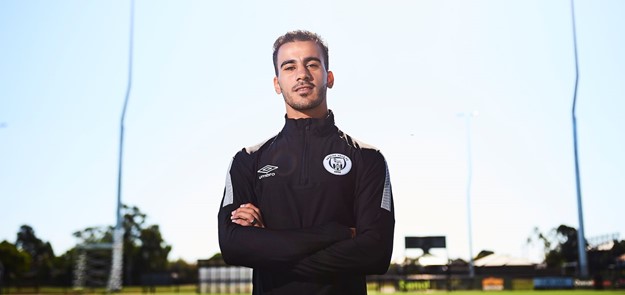
Refugee footballer hakeem al-araibi
On November 27, 2018, a star footballer, Hakeem al-Araibi, arrived in Thailand for his honeymoon. When he landed, Araibi was separated from his wife and confined to a detention center. Thai immigration police had been waiting to arrest Araibi based on an Interpol “red notice” from Bahrain, the country from which Araibi had fled in 2014 after he was accused of vandalism. (There is strong evidence that the allegations are false and part of a long-standing pattern of persecution in Bahrain.) Araibi, who denied the charges, was living as a refugee in Australia when he travelled to Thailand. There, he faced deportation to Bahrain, where he would be jailed and, he feared, tortured.
What followed in the ensuing months were diplomatic machinations and behind-the scenes discussions, including a mobilisation effort led by the Centre for Sport and Human Rights. Beginning in January 2019, the Centre convened a rapid response involving key groups who were regularly informed and able to coordinate steps concerning Araibi’s case. The effort was rare in its scope: the discussions, facilitated by the Centre and led by its CEO, involved governments, human rights organisations, sports bodies, and all members of the Centre’s Advisory Council. By creating an open dialogue between these groups, the Centre ensured that all the relevant actors, many with significant influence and leverage in the case, were aware of each group’s role, were sufficiently updated on a fast-moving situation, and were therefore equipped to take their own actions in lobbying for Araibi’s release.
Araibi’s situation became an international story, triggering outcry among human rights activists, sports figures and lawmakers around the world. Pressure mounted on the Thai government as it called a hearing for Araibi’s case in February 2019. Many of the participants in the Centre’s mobilisation effort, including officials from 12 different governments and FIFA, sent a powerful message when by attending Araibi’s hearing. His fate was in the Thai government’s hands, but numerous governments, organisations and sponsors who had for weeks been working in concert toward Araibi’s release, had a hand in influencing the decision.
The Centre’s work in Araibi’s case demonstrated the organisation’s potential impact on individual lives. On February 11, 2019, prosecutors dropped the case and Araibi was released. A month later, he was granted citizenship in Australia. The scale of the efforts behind his freedom is a testament to the power of collective action.
What followed in the ensuing months were diplomatic machinations and behind-the scenes discussions, including a mobilisation effort led by the Centre for Sport and Human Rights. Beginning in January 2019, the Centre convened a rapid response involving key groups who were regularly informed and able to coordinate steps concerning Araibi’s case. The effort was rare in its scope: the discussions, facilitated by the Centre and led by its CEO, involved governments, human rights organisations, sports bodies, and all members of the Centre’s Advisory Council. By creating an open dialogue between these groups, the Centre ensured that all the relevant actors, many with significant influence and leverage in the case, were aware of each group’s role, were sufficiently updated on a fast-moving situation, and were therefore equipped to take their own actions in lobbying for Araibi’s release.
Araibi’s situation became an international story, triggering outcry among human rights activists, sports figures and lawmakers around the world. Pressure mounted on the Thai government as it called a hearing for Araibi’s case in February 2019. Many of the participants in the Centre’s mobilisation effort, including officials from 12 different governments and FIFA, sent a powerful message when by attending Araibi’s hearing. His fate was in the Thai government’s hands, but numerous governments, organisations and sponsors who had for weeks been working in concert toward Araibi’s release, had a hand in influencing the decision.
The Centre’s work in Araibi’s case demonstrated the organisation’s potential impact on individual lives. On February 11, 2019, prosecutors dropped the case and Araibi was released. A month later, he was granted citizenship in Australia. The scale of the efforts behind his freedom is a testament to the power of collective action.
Inspiration
Hakeem al-Araibi at the Sporting Chance Forum, Geneva 2019



